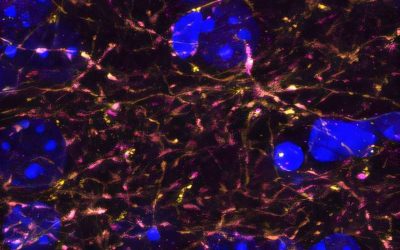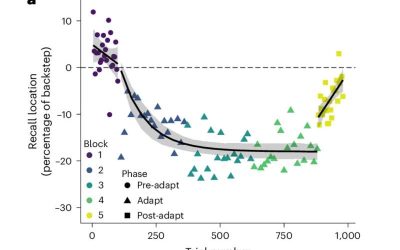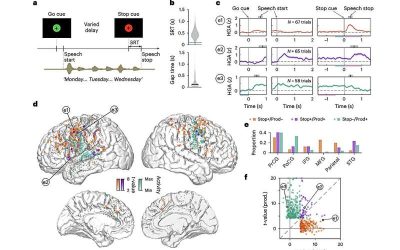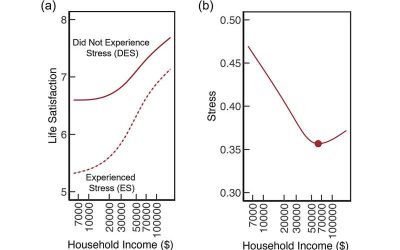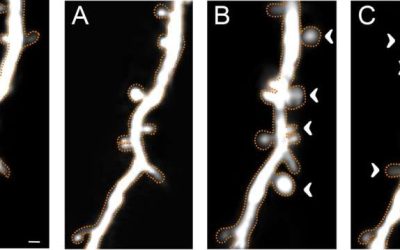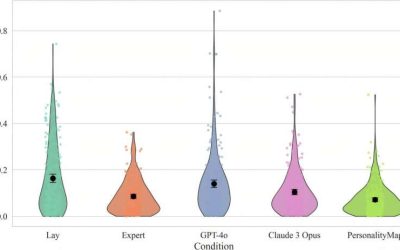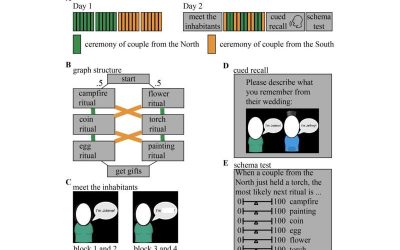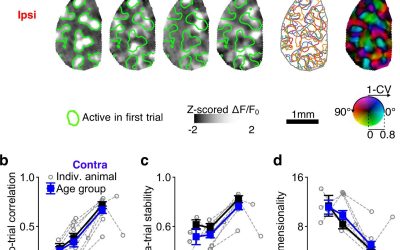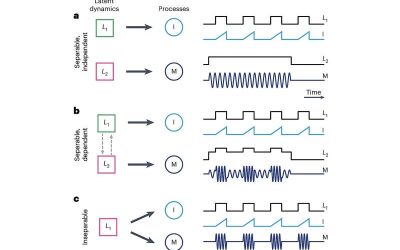Over the course of their lives, humans and other animals typically learn to avoid situations and stimuli that are dangerous or are perceived as threatening. Past neuroscience studies have gathered evidence suggesting that the medial prefrontal cortex (mPFC), a brain...
MEDICALXPRESS
Errors in attention adaptively impact spatial working memory, study finds
Humans are known to rapidly adapt their mental processes and behavior based on feedback they receive from the world around them. For instance, some past studies have shown that people progressively adjust their movements while trying to move in specific ways or walk...
A premotor cortical network in the brain allows people to voluntarily stop speaking, study suggests
Speech is a unique human ability that is known to be supported by various motor and cognitive processes. When humans start speaking, they can decide to cease at any point; for instance, if they are interrupted by something happening or by another person speaking to...
Higher income is linked to both greater life satisfaction and more stress, study finds
For decades, psychologists and social scientists have been trying to understand what contributes to people's mental health, happiness and overall feeling of well-being. Their efforts have already helped to design numerous social and therapeutic interventions aimed at...
Study shows that dendritic plasticity contributes to the integration of memories
Past neuroscience studies suggest that memories of events that occurred at short time intervals from one another are often connected, via a process referred to as memory linking. While memory linking is now a well-documented phenomenon, its neural underpinnings have...
AI could be better than humans at predicting correlations between answers to personality test questions
Artificial intelligence (AI)-based models have proved to be promising tools for predicting some data trends and future outcomes with good accuracy. These models' ability to make predictions by analyzing data can be particularly valuable for research, for instance,...
Encoding study reveals how the brain uses past experiences to predict the unfolding of similar events over time
The human brain continuously processes the wide range of information it acquires from the outside world. Over time, this information is organized into mental representations, referred to as "schema," which help us to understand what is happening at a given time and...
People’s spontaneous thought patterns fall into four main clusters, study finds
Thoughts that arise spontaneously when humans are not deliberately trying to think of something are known to play a key role in decision-making and various cognitive functions, as well as in some mental health disorders. In fact, psychology studies suggest that...
Ferret brain study explores how reliable visual representations emerge during development
Brain circuits are known to gradually form and develop after birth as the result of both innate biological processes and life experiences. Past studies suggest that the initial development of brain circuits spans across two different stages.
New experimental paradigm isolates cognitive and motor processes in the mouse brain
When animals and humans explore their surrounding environment or complete specific tasks, their brains simultaneously support both their mental (i.e., cognitive) processes and physical movements. For instance, some brain processes could contribute to memory encoding...

